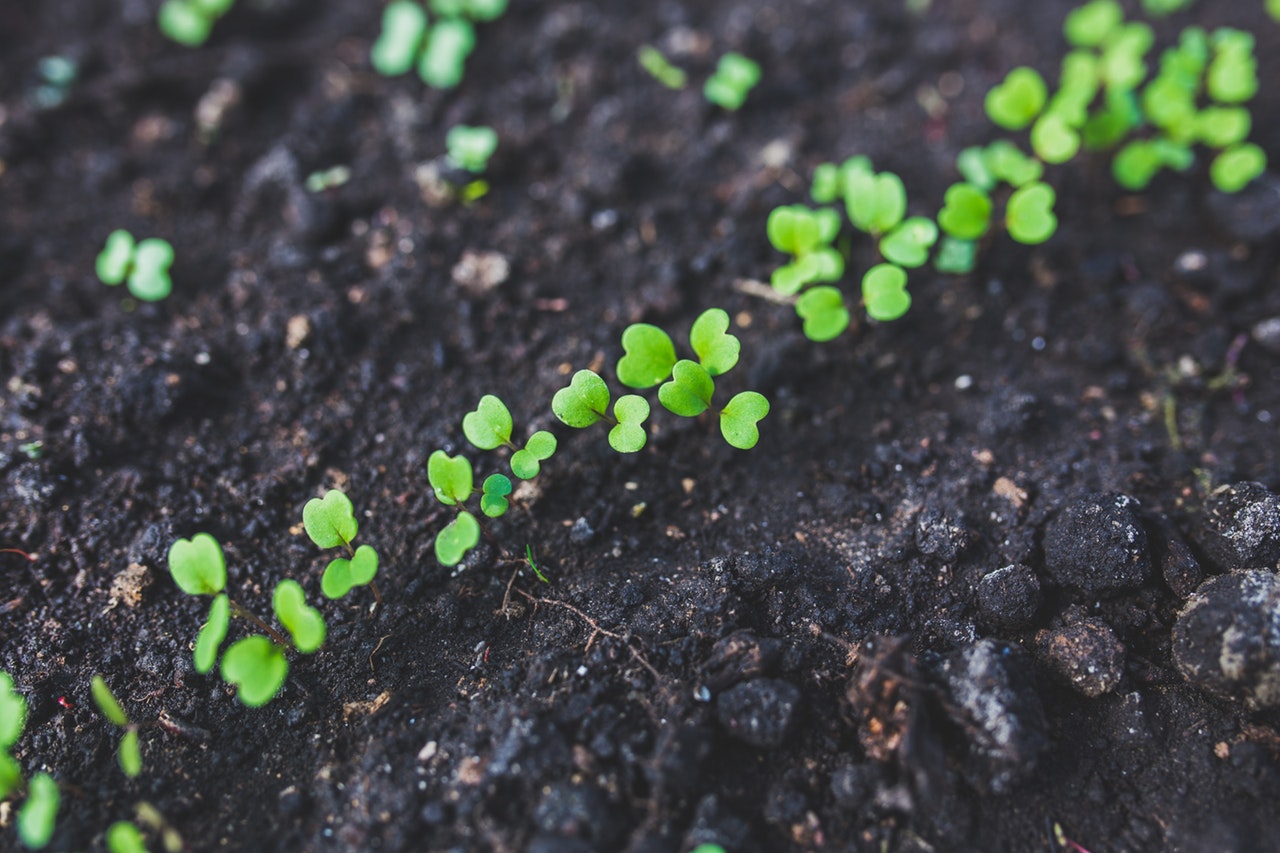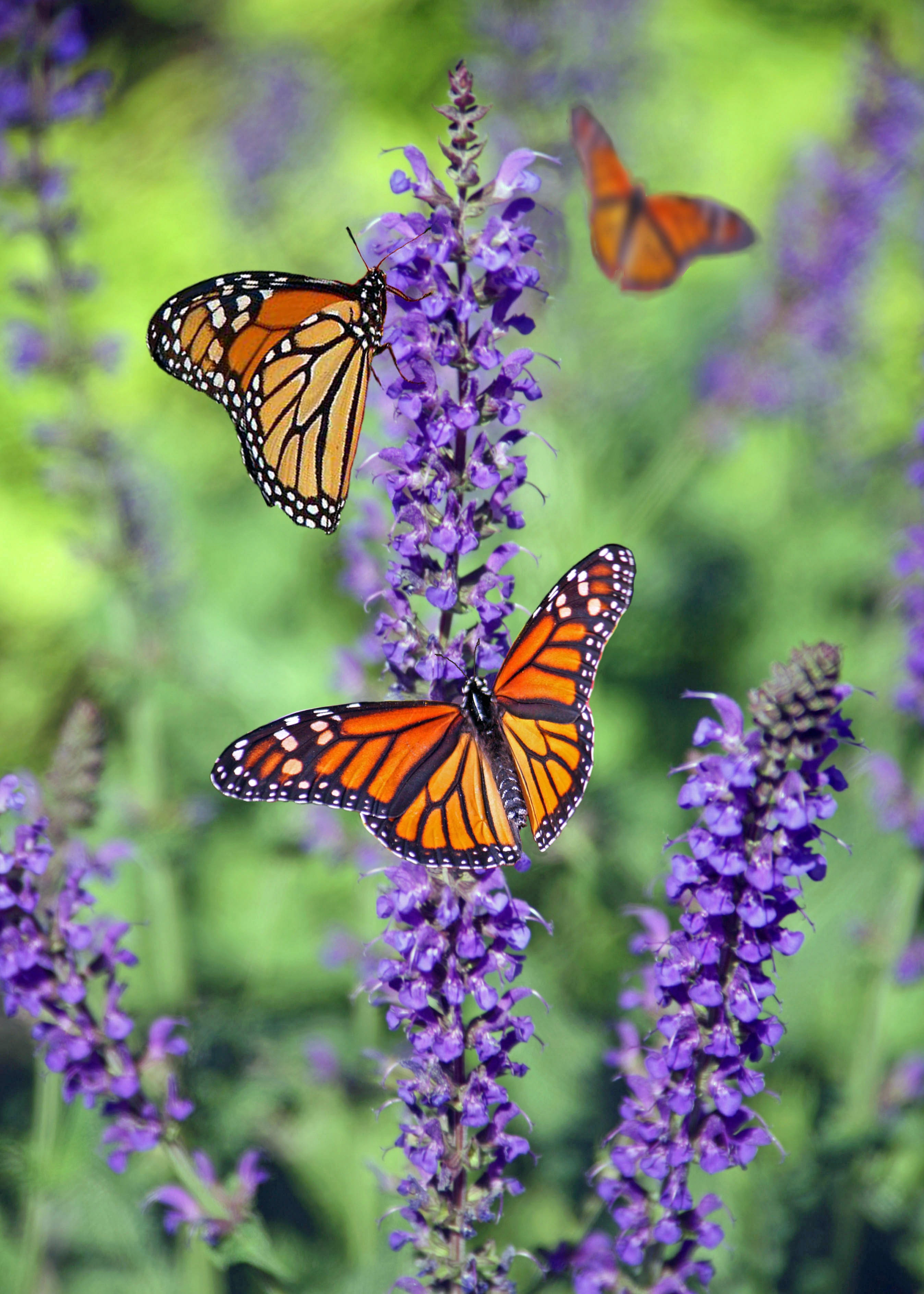Ecosystems help regulate climate. A thriving ecosystem is dependent on healthy soil, which supports and maintains diversity of life on earth.
There are many examples throughout history of civilization collapse, due in part to poor soil management. Today, because our soils are being damaged by human activities, we are dangerously close to disrupting the delicate balance that sustains life.
Soil’s ecosystem functions
Healthy soil performs many essential ecosystem functions:
- provides a medium for plants to grow
- absorbs and slowly releases rain water
- recycles nutrients and organic wastes
- supports biodiversity
- stores twice the carbon found in all vegetation andthe atmosphere combined
- stores CO2
- filters out drinking water contaminants
- provides a home for oxygen producing trees
- supports ecosystems that grow our food
The health of the Earth and all its life forms depends on changing the way we care for soil. It takes Nature an average of 500 years to form an inch of topsoil. We can’t wait five lifetimes for lost soil to be replaced. We need to care for and enrich the soil we have now.
Dangers of chemical fertilizers
Well maintained soil is responsible for clean air, clean water, healthy plants and the prevention of erosion, runoff and flooding. If soil isn’t healthy and doesn’t contain a large variety of organisms, little will grow and thrive in it unless we add chemical fertilizers.
Many farmers and gardeners attempt to compensate for lack of soil fertility by using chemical fertilizers. Chemical fertilizers work in the short term, but create more problems down the road. Repeated use results in nutrient pollution of groundwater, compacted soil with reduced drainage, and destruction of soil organisms.
Importance of soil organisms
Healthy soil is teeming with microorganisms. According to the USDA, one teaspoon of soil contains more organisms than there are people on Earth.
Soil organisms are always busy doing their important job of breaking down organic matter and rock particles to make fertile soil. They do this by secreting mild acids & enzymes to break down tiny portions of rock particles that contain minerals, making them available for plants. Without soil organisms, soil would dry up & blow away or clump up into globs of hard clay.
Soil damage occurs from industrial agricultural practices such as tilling, monoculture planting, chemical fertilizers, weed killers and soil compaction. Intensive development, invasive plants, air pollution, wind, heavy downpours and flooding also negatively impact our soil.
Soil becomes desert as a result of unrestrained damage from climate change, microorganism loss, over-cropping, overgrazing, improper irrigation practices and deforestation.This process is called desertification and renders soil useless. That’s why caring for our soil is so important.
We know that plants and animals are going extinct. Could soil go extinct too? Yes, if we don’t take care of it.
Caring for your soil
If you garden on your property, you play a key role in protecting ecosystems and climate. Everything we do in our gardens can either help or hurt our planet. In today’s world of dwindling water supplies, climate change, and air, depleted soil, and water pollution, environmental stewardship is no longer optional. Environmentally friendly gardening is every home gardener’s responsibility.
Be a responsible environmental steward by working with Nature instead of against it. Keep the health of soil organisms in mind when you garden—don’t do anything to cause their demise.
Feeding soil instead of plants increases the number and variety of soil organisms, which results in more plant diversity. Biodiversity is protected when a greater diversity of plants supports more insects and animals.
Instead of working against Nature by using chemical fertilizers and weed killers, work with Nature by adding organic matter to the soil. Organic matter increases soil fertility. Good choices are compost, vermicompost (worm droppings), cover crops, spent mushroom soil, and composted cow manure.
Protect the soil and keep weeds down with mulch. Mulch prevents soil erosion, keeps soil from drying out, prevents weed growth, regulates soil temperature, and nourishes soil when it breaks down into compost and humus. What to use: shredded leaves (the best!), straw, newspaper (no glossy pages).
Beneficial insects are valuable allies. They eat bad bugs that want to eat your plants. Think about that the next time you want to squash a bug. Be sure it’s not a beneficial before you eliminate it.
To attract beneficial insects, plant a variety of flowering plants (especially natives). Don’t use chemical insecticides or weed killers—they harm beneficials. A brush pile, trees and shrubs will give your new friends needed protection during summer and shelter during winter.
Your action is needed
Your participation is so important! What actions will you take in your garden this year to protect your soil and in doing so, help to mitigate climate change and preserve ecosystems?




Leave a Reply